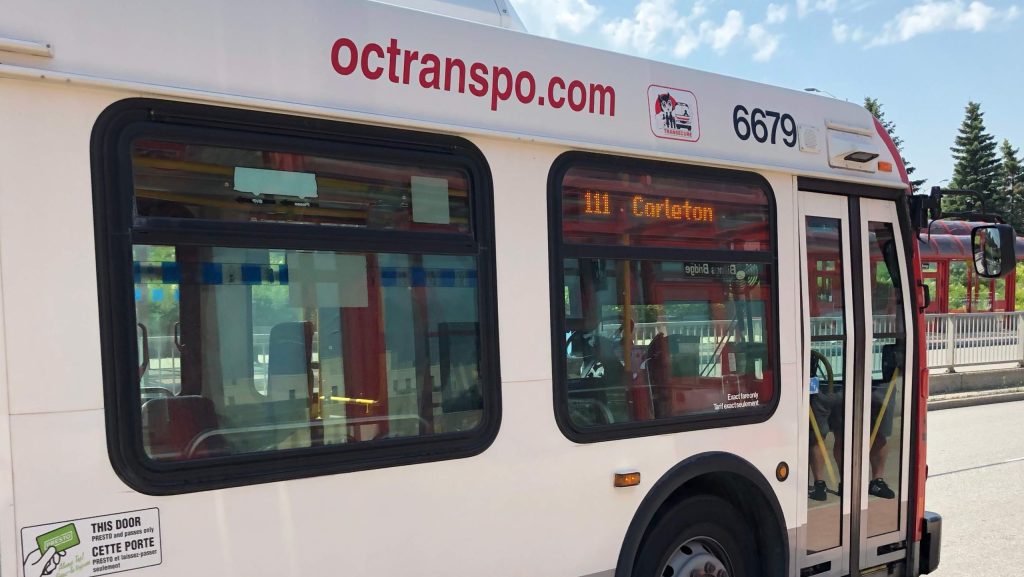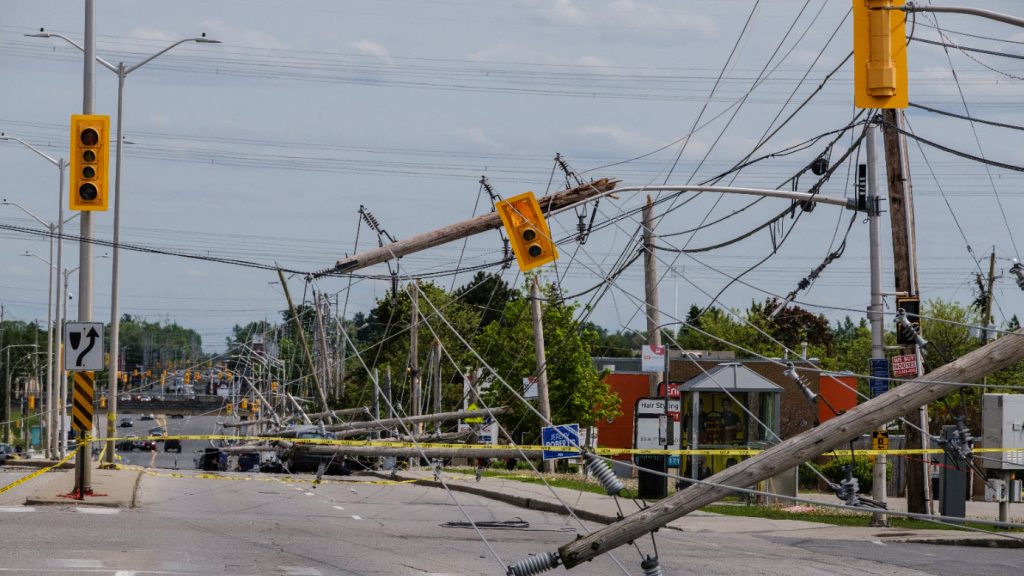Councillor says rapid transit on Bank Street could alleviate QED overflow
Posted Jul 17, 2023 08:02:06 PM.
Last Updated Jul 18, 2023 01:39:04 PM.
One Ottawa councillor is saying rapid transit on Bank Street is a possible solution to traffic overflow caused by the Queen Elizabeth Driveway (QED) being closed to vehicles for alternative forms of transportation.
“It’s about traffic on Bank Street and the solution to that is not cars on the QED—it’s to start thinking about something like bus rapid transit on Bank Street because we know how jam-packed it does get with events,” Ariel Troster, Somerset councillor, told CityNews. “If you put thousands of more people living there plus a bigger stadium with higher profile events we are going to have a transportation problem.”
The QED has been closed to vehicles seven days a week since July 1, for the National Capital Commission’s (NCC) active use program, which promotes the use of alternate forms of transportation like walking or cycling. But as Ottawa saw increased traffic congestion, in-part due to the Bronson Rapid Bridge replacement from Thursday to Sunday, the NCC reopened the parkway to vehicles over the weekend.
As the parkway was open, Kitchissippi councillor, Jeff Leiper, shared a letter he wrote to mayor Mark Sutcliffe on Facebook. He called comments made by the mayor about allowing vehicles on the parkway more often inappropriate, adding that Sutcliffe’s views do not reflect council policy.
“It is particularly upsetting that the mayor of our city would advocate to reverse a real safety gain – of which we have made too few – for residents who travel by active modes,” wrote Leiper. “Suggesting that residents who travel by foot, on bike and using mobility devices share very crowded canal paths in order to make connections between neighbourhoods is not a solution as we seek to facilitate sustainable transportation options in an intensifying city. As we see too often, asking cyclists to share the road with motor vehicles is equally unsustainable.”
Toster added that the Queen Elizabeth Driveway was one of the few safe and scenic roads where active transit could work.
According to the NCC, the active use program has seen nearly 50,000 visits since May. In an email to CityNews, the NCC said the program “helps alleviate the pressure on the capital pathway network, which is used to capacity during the summer.”
The QED will remain closed to vehicles for the active use program seven days a week until Sept. 4, and on weekends until Oct. 9.








